In a time of unprecedented volatility for global shipping, classification societies are navigating a sea of complexity. From geopolitical tensions to shifting China–US trade dynamics, the maritime sector is under growing pressure to adapt. At the same time, it is expected to accelerate decarbonization, embrace digital solutions, and make billion-dollar decisions on future fuels and fleet renewal, all amid regulatory ambiguity.
To explore how Lloyd’s Register (LR) is addressing these global challenges, during the 19
th Singapore Maritime week, Xinde Marine News spoke with CEO Nick Brown on regulatory uncertainty, future fuel pathways, the role of China in the green transition, nuclear energy, workforce development, and LR’s broader mission.
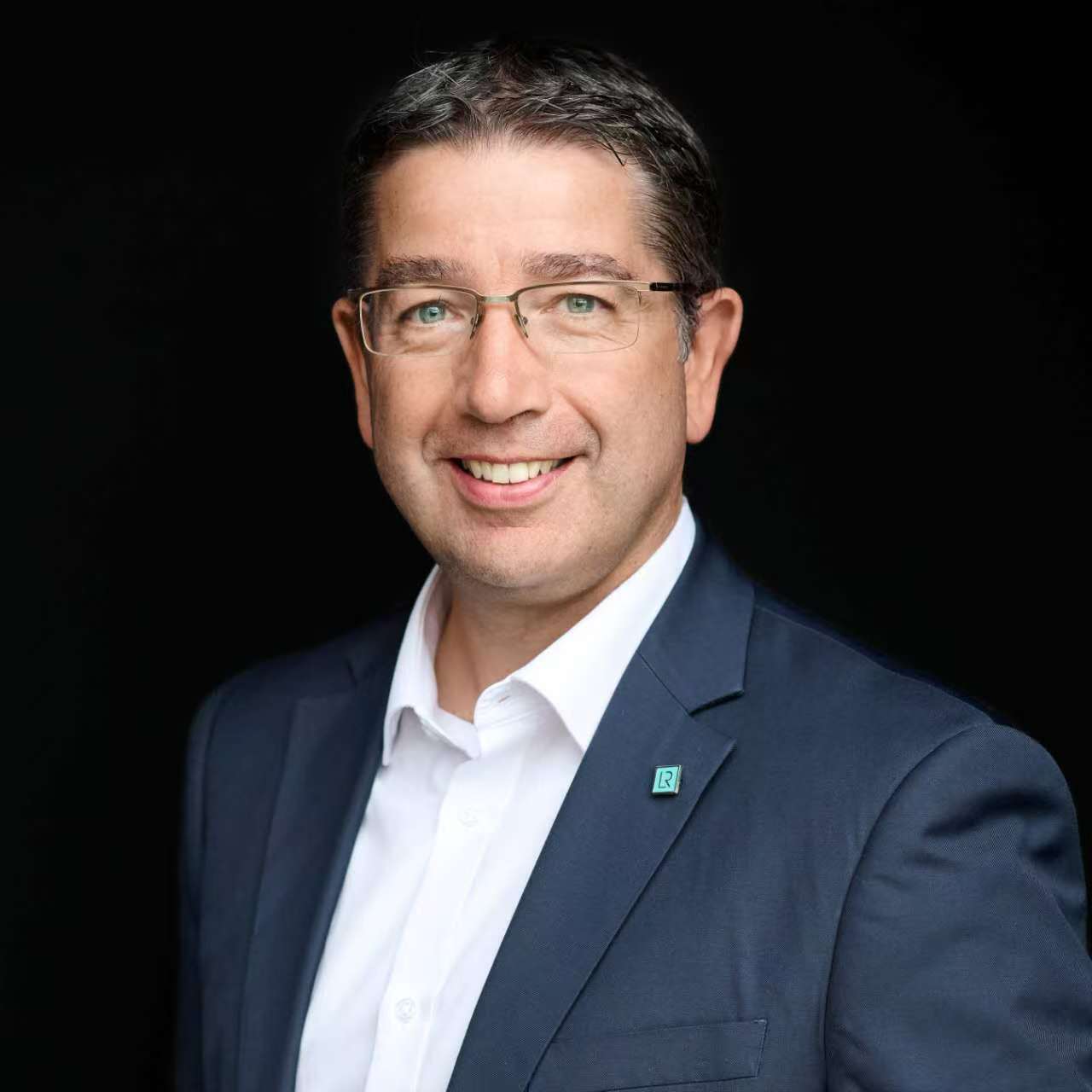 Strategic Advisor – LR’s New Role
Strategic Advisor – LR’s New Role
For centuries, classification meant ensuring that ships were properly built, maintained, and compliant with international regulations. But as the industry faces the twin challenges of decarbonization and digitalization, LR’s role is evolving beyond traditional certification.
“Classification is really focused on the ships,” says Nick Brown. “But when we think about the energy transition or the digital transformation, we also need to try and support our customers, not just with the ship, but how the ship is being operated.”
To support this shift, LR has invested in a series of digital and human capital initiatives. “Our investments in OneOcean, Watchkeeper, and most recently Ocean Technologies Group reflect our commitment to digital innovation and enhancing human capital,” he explains. Today, LR’s solutions are used on approximately 30,000 ships, representing 50% of the world’s ocean-going fleet by tonnage and its training programs support over one million seafarers worldwide.
“Our goal is to be a trusted strategic advisor,” Brown says, “helping our clients make informed decisions on future fuels, fleet renewal, digital tools, and workforce training. Together, we ensure maritime transformation is safe, effective, and sustainable.
China’s Critical Role in Maritime Green Transition
In the face of regulatory uncertainty, Brown believes that supply-side progress from leading industrial nations will be critical to enabling the green transition. Among them, he sees China playing an important role.
With seven years in Shanghai, Brown is no stranger to China’s maritime rise. “I have many good, old friends—from Bohai Bay to Guangzhou and along the Yangtze River. It’s fantastic to see the development of China’s maritime industry.”
Brown highlights China’s leadership not only in shipbuilding but also in clean energy. “China is making huge investments in clean electricity, including renewables and nuclear power,” he says. “Whether synthetic e-fuels, e-ammonia, or e-methanol, all future maritime fuels fundamentally depend on affordable clean electricity and green hydrogen.”
“Our industry needs to remain closely connected to China, not just for ships and engines, but crucially, for the sustainable fuel production that will drive global maritime transformation.”
Shortly before our interview, Brown met with China’s Vice Minister of Transport, Mr. Fu Xuyin. He praised the partnership between LR and institutions like the Ministry of Transport (MOT), Maritime Safety Administration (MSA), and China Classification Society (CCS). “We’re all working towards the same goal—ensuring industry safety, providing comprehensive training for crews onboard, as well as for personnel ashore and in ports.”
Brown also recalls a forward-thinking collaboration in 2009 with Captain Wei Jiafu, former Chairman of COSCO Shipping, when LR and COSCO jointly explored concepts such as nuclear-powered vessels. “That kind of vision is still very relevant today,” he reflects.
Indeed, LR’s relationship with China spans more than 150 years, built on trust, innovation, and shared ambition. From historic cooperation to future-focused projects, this enduring partnership continues to shape maritime safety and sustainability globally.
A Nuclear Option for the Future?
Nick Brown sees nuclear power as a serious candidate to support multiple aspects of the industry’s long-term net-zero transition. “First of all, it’s the chance to produce clean electricity,” he says. “Without clean or zero-emission electricity, we can’t produce zero-emission fuels.”
Nuclear’s versatility is what makes it worth exploring. “You could use small modular reactors (SMRs) to supply shore power in ports, replace gas turbines on offshore platforms, or even power large vessels on fixed trade routes,” says Brown. He points to long-distance trades between China and Brazil, where very large ore carriers (VLOCs) operate on predictable, point-to-point routes. Such stability could make it easier to manage nuclear regulation and supporting infrastructure.
Still, significant regulatory gaps remain. “What we now need to do is bring the IAEA and the IMO together to regulate nuclear in maritime,” he explains. LR is supporting efforts through initiatives like Nuclear Energy Maritime Organization (NEMO) and the International Atomic Energy Agency (IAEA) Atlas program.
Brown doesn’t minimize the risks. “We need to make sure that all stakeholders are comfortable with insurance, security, cyberattack,” he says. “The technology is available. But for commercial use, we’ll likely need different systems and strong global oversight.”
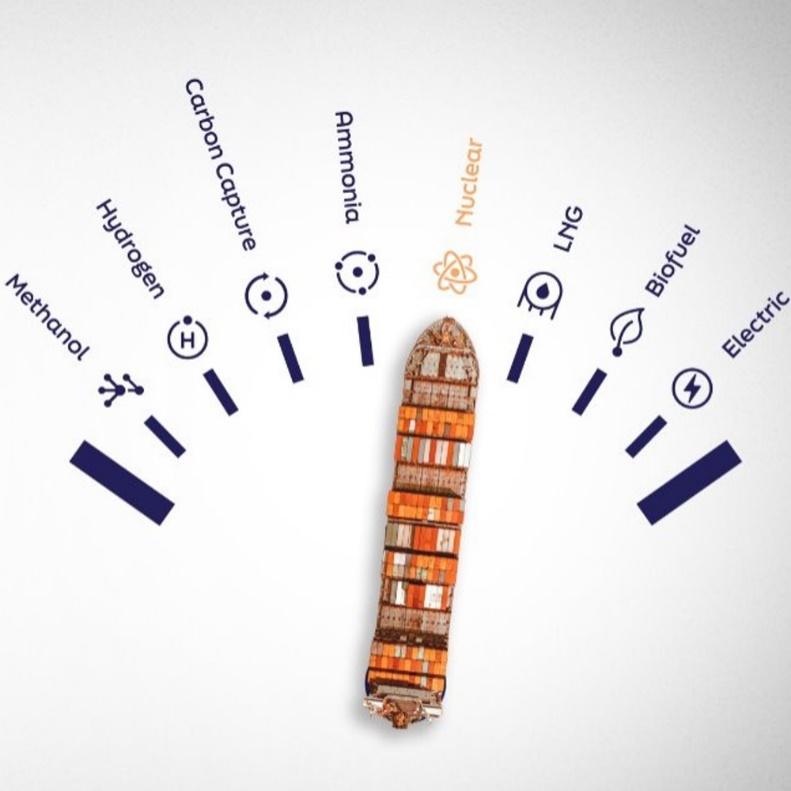 Lack of Future-Ready Talent
Lack of Future-Ready Talent
As the industry embraces new technologies, the demand for future-ready skills is rising rapidly. Nick Brown emphasizes that the human element remains central to any successful transition.
“You could have the very best ship,” he says, “but if the crew doesn’t have enough rest or training, the industry won’t make enough progress.”
Beyond traditional seafaring expertise, Brown highlights a growing need for digital talent. “We will need data scientists, AI competence, and cybersecurity specialists,” he notes. “And this is also our chance to make the maritime industry more attractive and inclusive, especially for young people and women.”
Through continued investment in human capital, such as the acquisition of Ocean Technologies Group, cooperation with institutes DMU, SMU, LR is working to ensure that the maritime workforce evolves alongside the ships they operate.
A Mission Beyond Profit
As the interview drew to a close, Nick Brown also reiterated Lloyd’s Register’s unique model, one that combines commercial activity with public purpose.
“Lloyd’s Register, through our Foundation is a business that allows us to give more research back to the industry,” he says. “We try to talk about it as a circular economy.”
Operating under a charitable foundation, LR reinvests its profits through the Lloyd’s Register Foundation into research, innovation, and safety. “We are here to serve society—to make the world a safer place,” Brown explains.
Another example is the Safetytech Accelerator, co-founded by Lloyd’s Register and the Lloyd’s Register Foundation in 2018. “It’s trying to tackle some of the biggest challenges in maritime that so far nobody’s managed to solve,” he says. “If we can bring in technologies from other industries to solve these problems, the benefits will be huge.”
Brown concludes: “We know we have good competitors, and competition is good. But it’s also good to remind our customers that Lloyd’s Register’s day-to-day activities come back into making the world a safer place.”
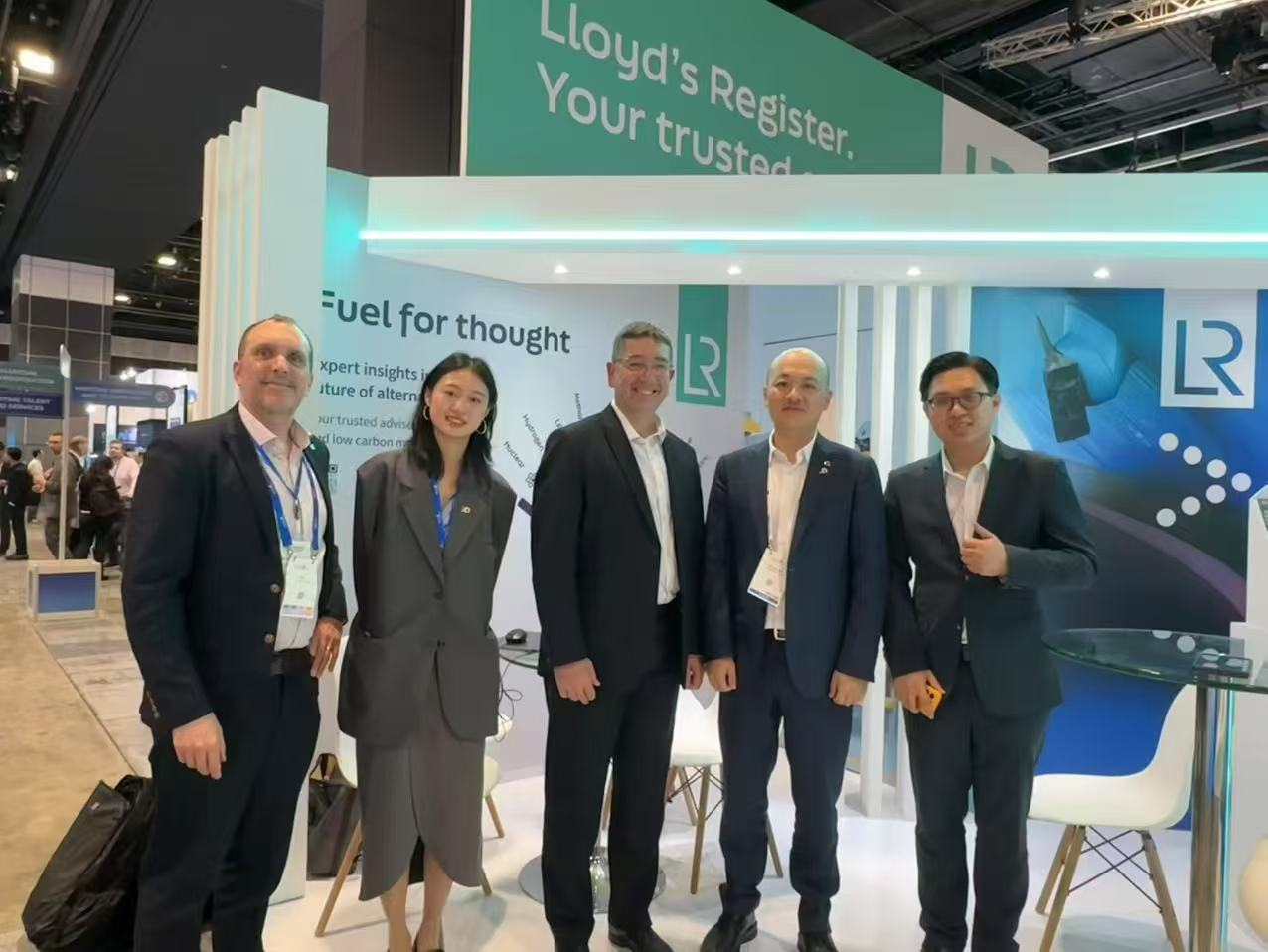
by Xinde Marine News Pang Kai
The opinions expressed herein are the author's and not necessarily those of The Xinde Marine News.
Please Contact Us at:
media@xindemarine.com



 Exclusive Interview: Lloyd's Register CEO Nick Brow
Exclusive Interview: Lloyd's Register CEO Nick Brow  BluePass and XMAR Unite to Launch UAE’s First Gov
BluePass and XMAR Unite to Launch UAE’s First Gov 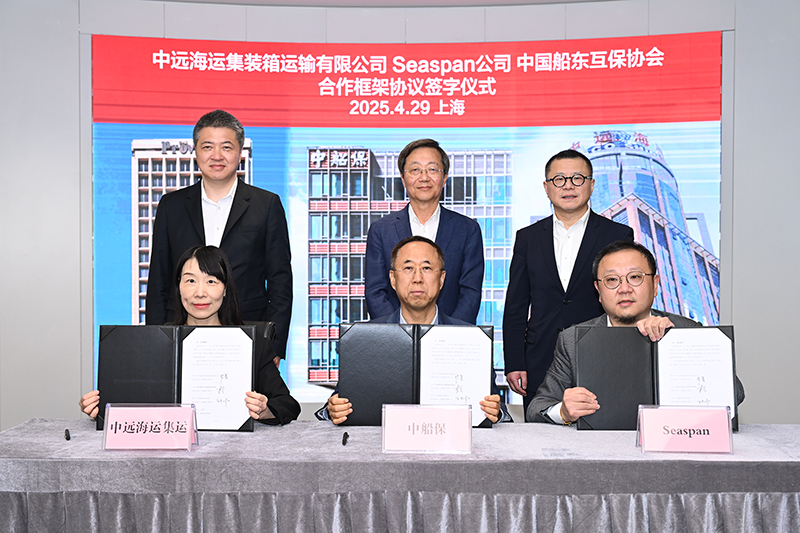 CPI signed a cooperation framework agreement with C
CPI signed a cooperation framework agreement with C 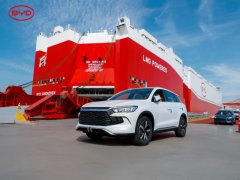 BYD Launches the World’s Largest Car Carrier "S
BYD Launches the World’s Largest Car Carrier "S 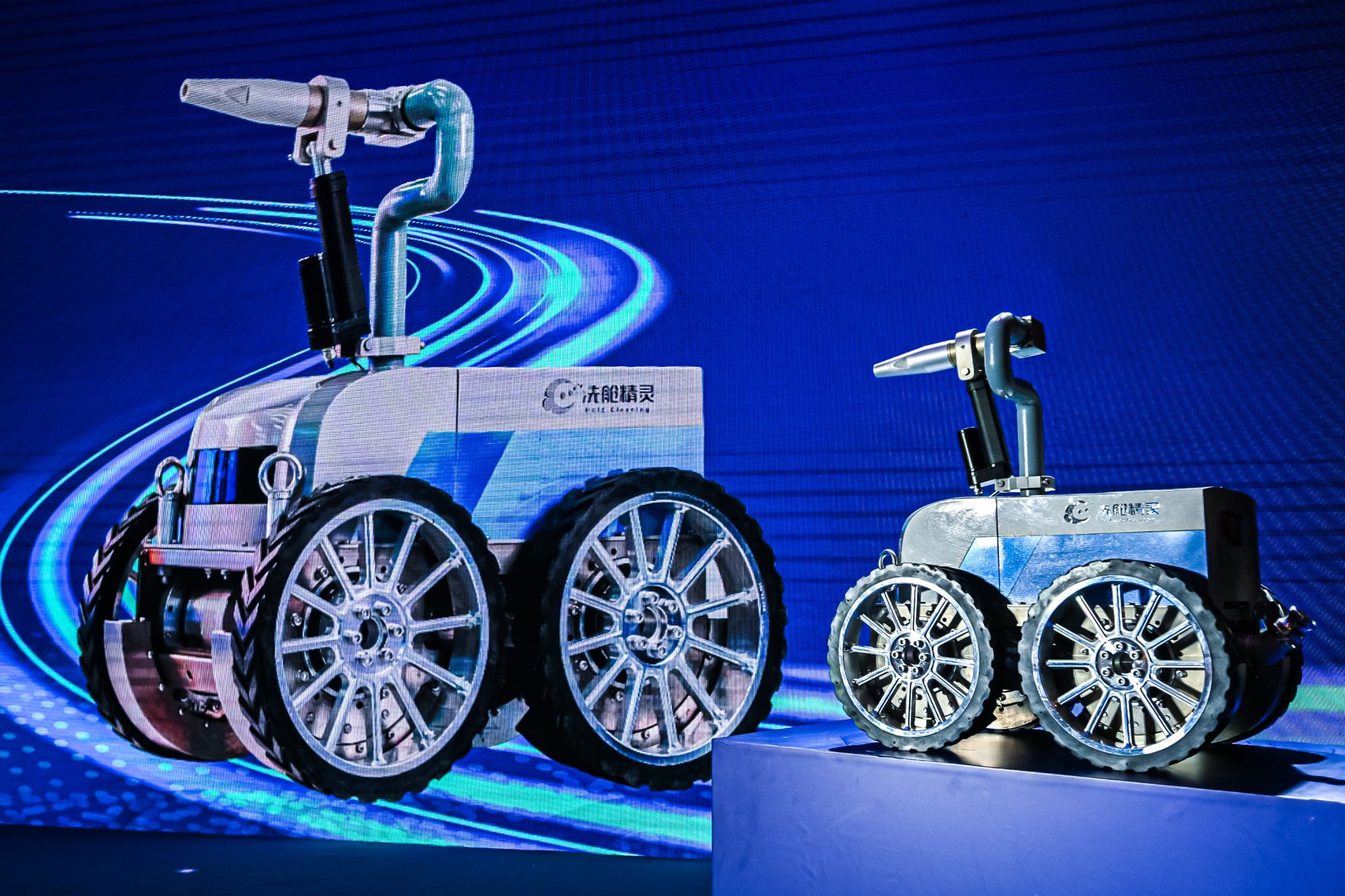 COSCO SHIPPING (Qingdao) Unveils a Game-Changer for
COSCO SHIPPING (Qingdao) Unveils a Game-Changer for 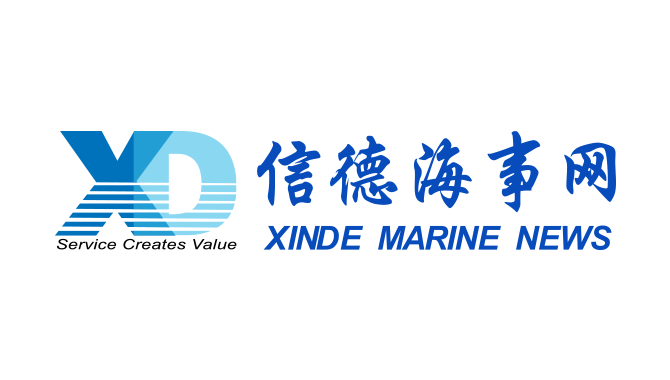 Another Bold Bet on China’s Shipyards – MSC Pla
Another Bold Bet on China’s Shipyards – MSC Pla